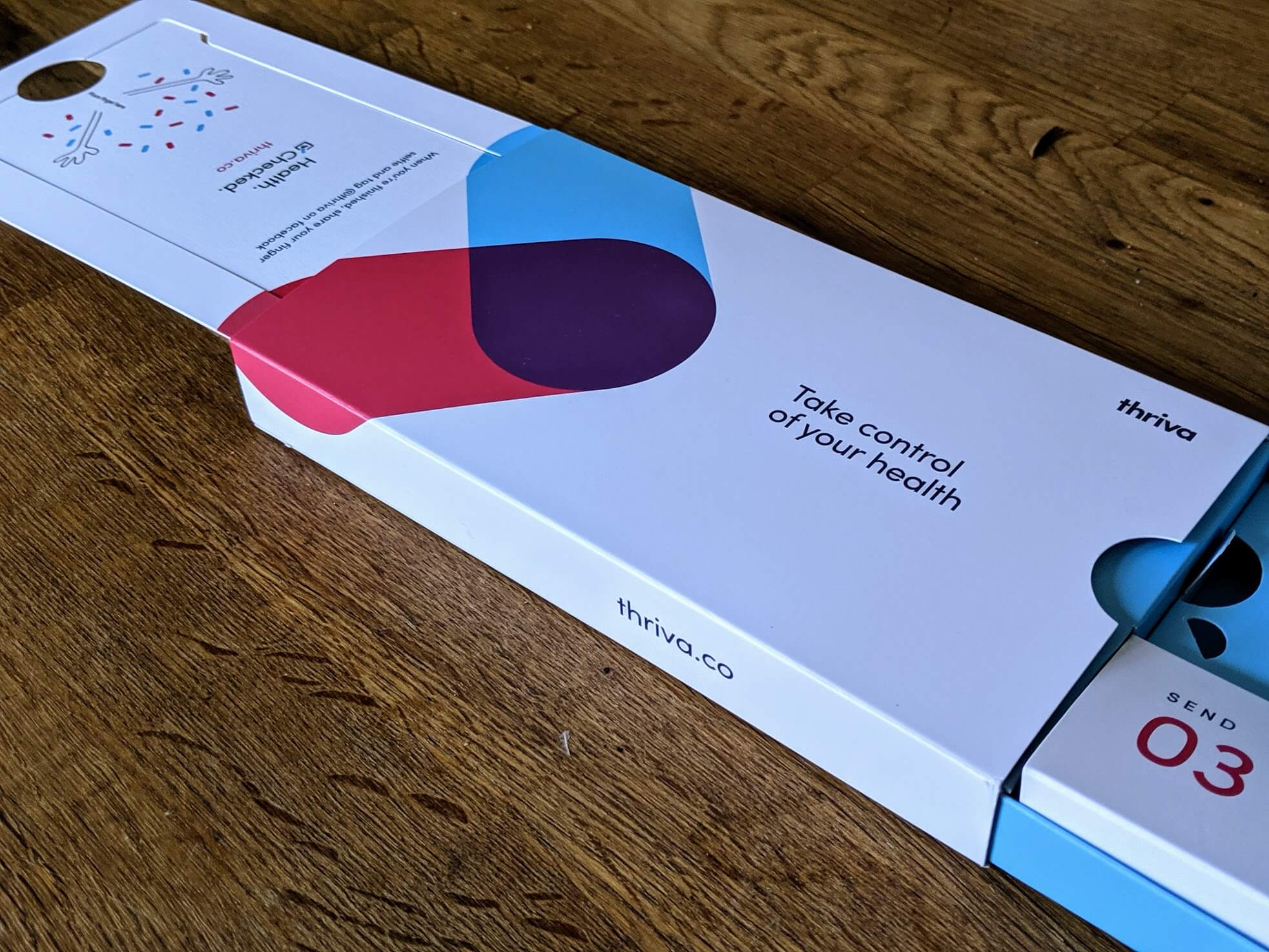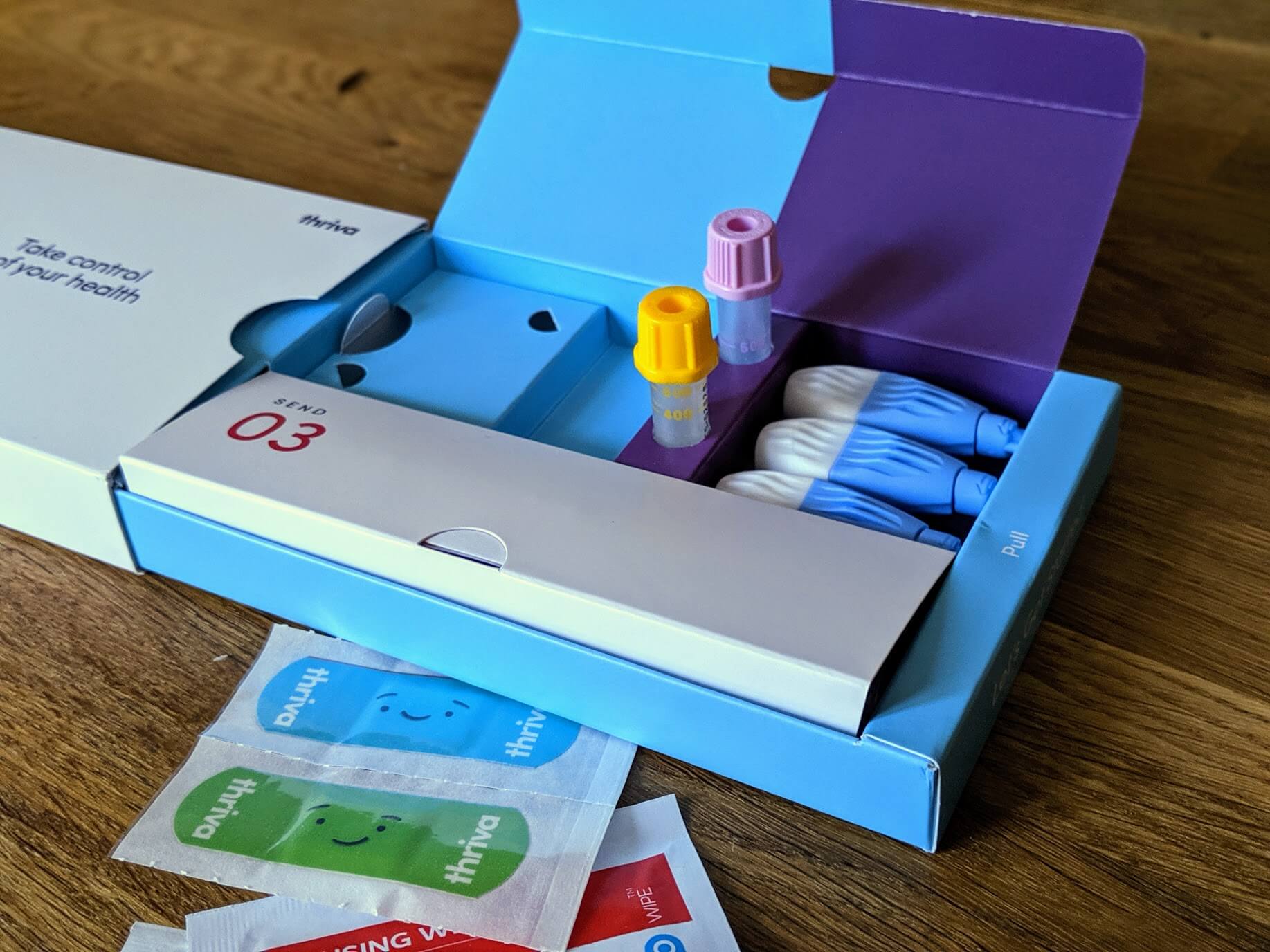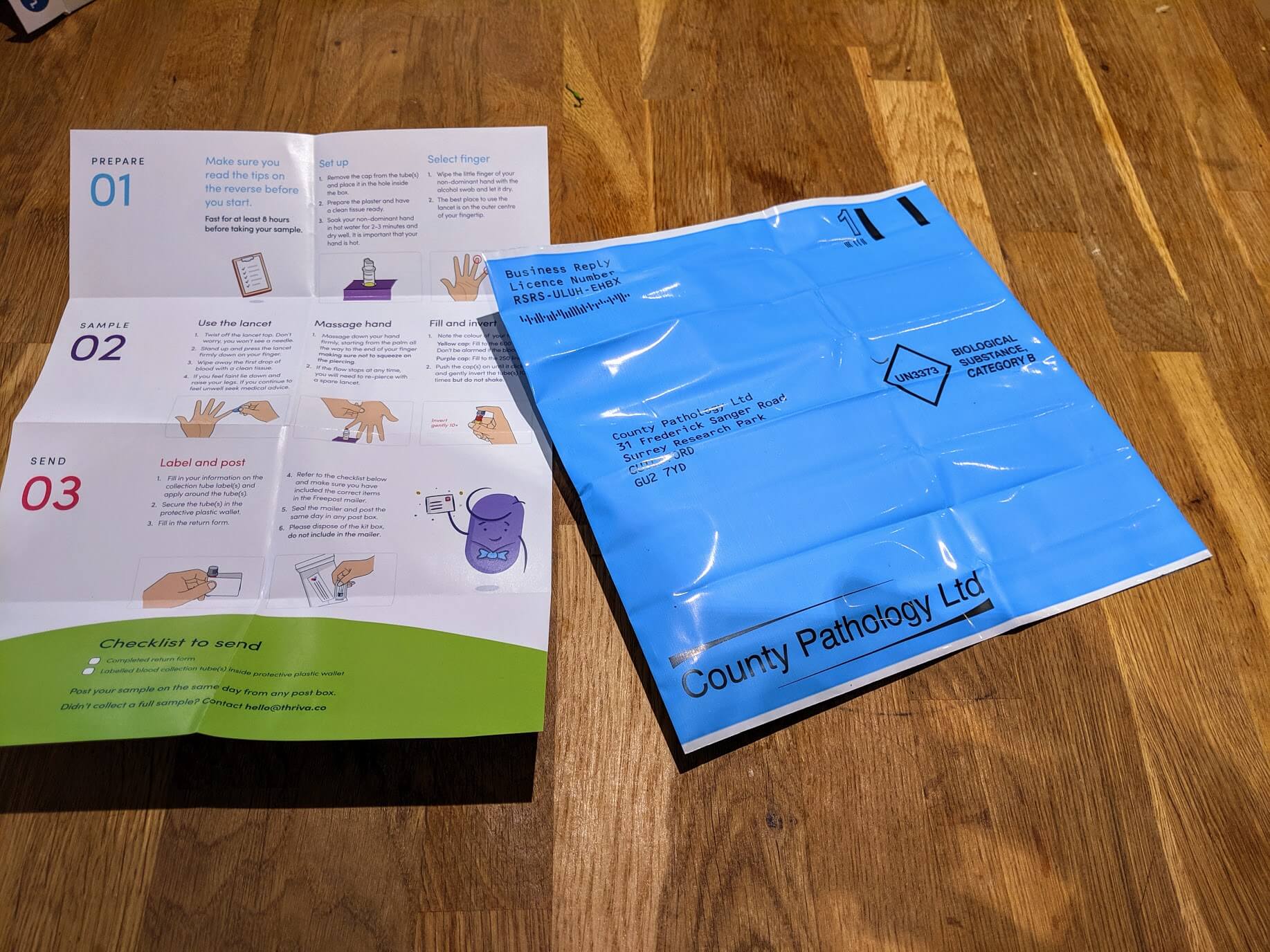How's your Health?
Posted on: 20 November 2019
A common line of conversation vegans are asked about is health, or more specifically, nutrition. How on earth do you get the protein you need when protein comes from animals?
Now I wasn't ignorant before becoming a vegan, I knew protein didn't exclusively come from animals, but it hadn't quite clicked in my head until recently when I saw a tweet that posed and answered the question:
"Where do you get your protein from as a vegan?" - "The same place your food gets its protein from"
Plant-based protein is a hot topic at the moment due to the recent Game Changers movie being released on Netflix. The documentary follows the story of several elite athletes as they recall their journey into becoming vegan. In a nut shell, plant-based nutrition is slowly being discovered in the sports world as a means of gaining a physiological advantage over your competitors. Evidence presented in the film reveals that a plant based diet opens up your blood vessels, allowing better blood flow and thus better performance.
Regardless, for the every-day person, whether a vegan diet can provide the right amount of nutrients to thrive still seems to be a raging debate, and one many anti-vegans jump on. Despite doing my own research over my time as a vegan, and feeling great in myself, I wanted to know for sure what was happening in my body. Enter: Thriva.
Thriva
Thriva is a company dedicated to helping you "take control of your health". Launching in 2016, they aim to help keep people healthy, in addition acting as a preventative health service. Catching warning symptoms early and treating them can quite literally be the difference between life and death. Whilst their main product is a not-inexpensive subscription service, I wasn't keen to sign on for the long haul, but I was keen to get a one-time vitals healthcheck!
At £80, it's not cheap, but there are plenty of discount vouchers around, especially for your first test (I will leave my discount code at the end of the post if you're interested in giving it a go). I got £25 off my first test, and £55 seemed a reasonable price to pay to get an all-round health check.
Getting a sample
Signing up, I selected the recommended tests for those on a vegan diet. It was quick, easy and polished experience, and the kit arrived the next day. It comes in a neat little pull out box, filled with everything tucked away that you'll need to collect and send off a sample. Excited to get started, I skimmed the instructions and attempted to retrieve my first sample. You need to collect 2 (there are 2 small sample tubes for each) for reasons I'm not sure of. As instructed, before breakfast I drank a glass of water, soaked my hand in warm water and used 1 of the 3 supplied lancets to pierce my finger.

20 minutes, 3 lancets and a fair bit of frustration later, I'd failed to get enough blood to make a full sample. Annoyed (partially with myself), I got onto Thriva support and, within minutes, they'd sent out another test. Nice. With this one, I read the instructions thoroughly, ensured I was fully hydrated the day before, tried to stimulate my blood flow before using the lancet, and let my hand sit for a bit longer in the warm water before trying the test for a second time.
Attempt 2: failed. At this point I had no idea what I could be doing wrong and wondered if I had weird blood. I got back onto Thriva, and, to their credit, very patiently asked me a series of questions which ultimately ended in a 3rd test box being sent out. I presume 3 is probably a soft limit for customers, but at no point was I made to feel I was in the wrong which was good, and very positive customer service.


This time, I repeated the preparation steps to a tee, and ensured prime placement on my finger for pricking (outside edge at the top), and - finally - I was able to fill up the necessary tubes. The blood was flowing! With that, I labelled my samples, packaged them in the pre-supplied plastic holder, popped in the envelope and mailed it off. A day or so later I received a notification of receipt, and a few days after that, I got an email containing my results! It's a very streamlined system and, even with my struggles, I came out of with a positive impression of the company.
My results

Upon logging into your dashboard, you're presented with a neat overview of the various tests done on your sample. Thriva use a traffic light system of good health on the various tests; mine came back with 5 green and 2 orange. Certain levels also split green into light (normal) and dark (optimal), where appropriate.
B12
The much talked about vitamin on a plant based diet! Thriva measure your B12 levels on a scale of 0-300, with anywhere between 37.5 and 188 being normal. Mine was just below the lower bound, coming in at 34.7. Not anything to be concerned about, but enough to receive a helpful (although, potentially generic) note from a Doctor to keep an eye on it.
Fortunately for me, I knew exactly why my B12 levels were low. The supplements I bought last year, while I was still dabbling with veganism, had been gathering dust in the cupboard for the best part of 6 months. Which might go some way to explaining the tiredness that sometimes comes over me (or this could just be being an adult in the modern world). I do try to get B12 from other sources too; marmite, nutritional yeast and B12-fortified plant milks are a good source.
B12 deficiency is much maligned for being the scourge of a plant-based diet. The vitamin comes from bacteria, and a long time ago used to be present naturally in most plants. However due to modern hygiene and sanitisation practises, most of the plants we eat are stripped of it. Animals are a good source of B12 due to having exposure to bacteria during their lives and, ironically enough, B12-enriched animal feed or supplements.
Developing a daily habit of taking a small, inexpensive supplement of B12 is all anyone following a vegan diet needs to keep their stores topped up.
Iron
Iron deficiency is another misconception in plant-based nutrition. Whilst red meat is a very good source of iron, there are numerous plant alternatives which provide more than enough of the mineral. Wholegrains, nuts and beans to name a few.
My results came back inconsistent, which was flagged up. A full iron profile measures 5 iron markers: ferritin, total iron binding capacity (TIBC), transferrin saturation (FESA), total iron and unsaturated iron binding capacity (UIBC). My TIBC was a healthy 55.06 (out of 100), whilst my UIBC (unsaturated) levels were a little low, but still within the normal bounds. Ferritin levels were optimal, total iron was normal, but it was my FESA levels which were considered slightly higher than the optimal range (2.5% over). Given my other iron parameters were normal, the doctor's note explained it was unlikely to be significant, and can be affected by food eaten previously.
Testosterone, Cholesterol and Liver Function
There's a long standing and rather humorous myth that eating soy can lower your testosterone levels. I'm pleased to announce all my testesterone levels were bang on normal.
My cholesterol levels, which I know is one of the first things to drop when adopting a plant-based diet, were all within the optimal or normal ranges. HDL (the "good" cholesterol) was 1.88 (over 3.88 is considered high) and my LDL was (the "bad") was an even lower 0.99 (4.9+ is considered very high).
My liver function was covered by a large number of tests - most of which I've never heard of before. Fortunately these all returned either normal or - when applicable - optimal results. I'm no stranger to a drink, and although I don't often drink to excess, it's still nice to know your liver is functioning optimally.
Conclusion
You don't have to be a hypochondriac to want a quick healthcheck of your bodies functions. It makes sense, especially if you've made any significant changes in your life - be it diet, or otherwise.
Services like Thriva do promote regular healthchecks, but at £80 a pop, their recommendation of quarterly is a bit much for me. I took advantage of a periodic offer where my next test (in January) is free. It'll hopefully prove useful in checking the progress of my B12 and iron results, but after that I plan to pause my subscription.
Even with the struggles I had initially in getting a sample - and it's difficult to know where the blame lies on that one - I would fully recommend Thriva if you're at all curious about your health. It can either be a resassurance you're doing things right with your diet and life, or a helpful steer into making improvements in certain areas.
If you're keen to try, you can enter the discount code 25OFF at checkout to get £25 off your first test! Give it a go and let me know if it helped you.